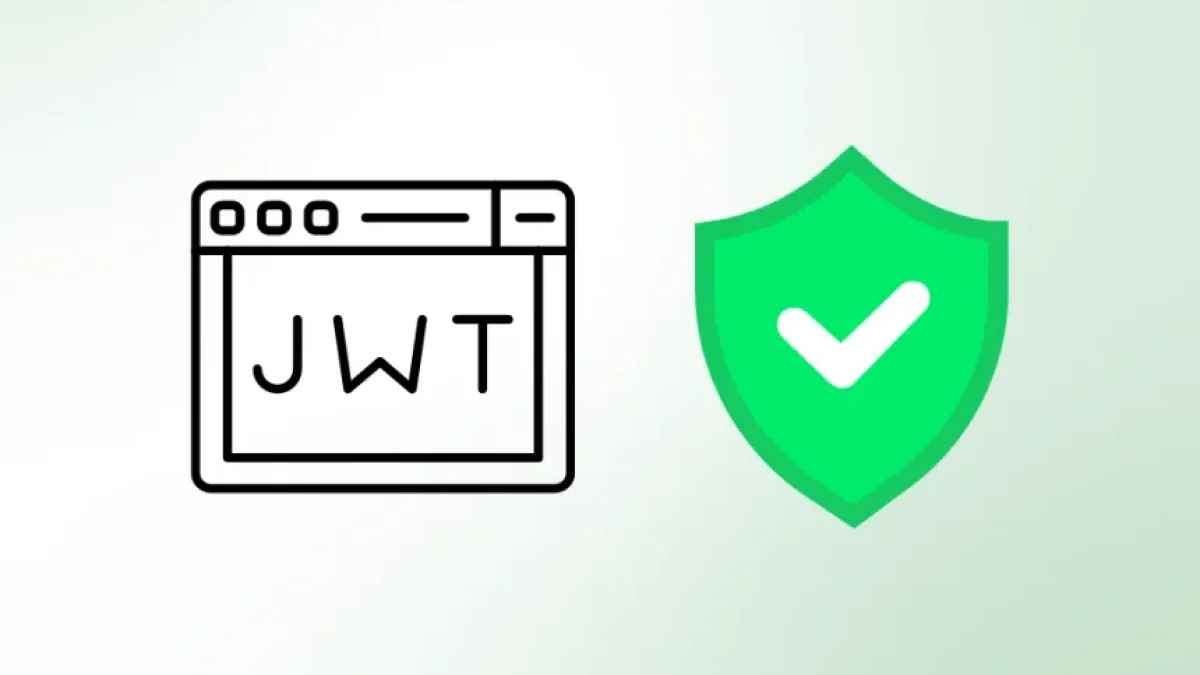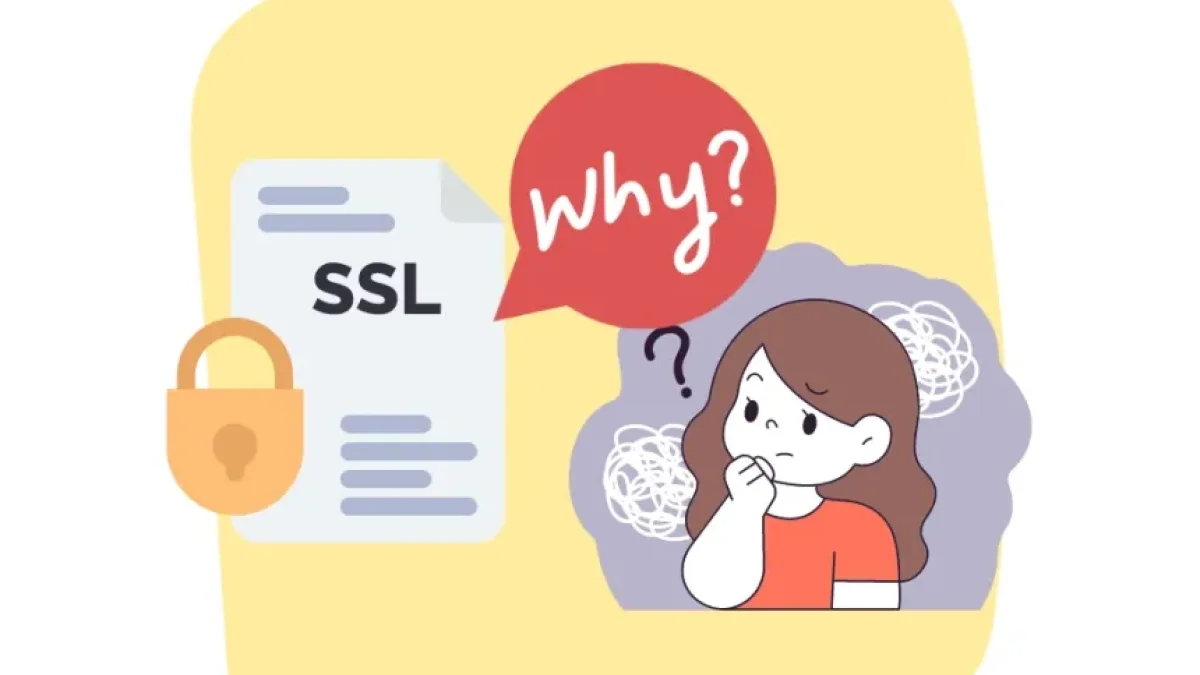JWT, Cookies, and Sessions: Which is the Best Option?


In the world of web development, authentication and session management are crucial topics to ensure that user information is protected. In this context, two of the most popular options are JSON Web Tokens (JWT) and Cookies. This article explores the features of each, as well as their advantages and disadvantages, to help developers choose the best option according to their needs.
JWT: Features and Advantages
What is a JSON Web Token (JWT)?
A JWT is an open standard that allows the secure transmission of information between parties as a JSON object. This token consists of three parts: the header, the body, and the signature. These elements ensure that the token has not been altered and that it comes from its claimed source.
Advantages of Using JWT
Using JWT offers several advantages:
Read also
- Scalability: By storing session data in the token instead of on the server, applications can scale more easily. This is particularly useful for distributed applications.
- Stateless: JWTs are stateless, meaning that session information does not need to be stored on the server. This reduces the load on the server and allows for more agile development.
- Interoperability: JWTs are programming language-independent and can be used across various platforms. This makes them easier to implement in applications using different technologies.
Cookies: Features and Advantages
What are Cookies?
Cookies are small files stored in the user's browser that retain information about their session. They are often used to remember user preferences and login sessions.
Advantages of Using Cookies
Cookies have their own advantages:
- Ease of Use: Cookies are easy to implement and manage. Most browsers offer options for manipulating cookies, simplifying their use.
- Automatic Handling: Browsers automatically send cookies associated with a specific domain with each HTTP request, eliminating the need to send tokens with every call.
- Security: Cookies can be configured with security attributes that limit their accessibility, such as HttpOnly and Secure, which help mitigate certain security risks.
Sessions: Features and Advantages
What are Sessions?
Sessions are another method of authentication that keeps track of the user's interaction with the application. When a user logs in, the server creates a session and assigns a unique identifier that is stored in a cookie in the user's browser.
Read also
Advantages of Using Sessions
Sessions also offer benefits:
- Additional Security: Storing session information on the server can provide an extra level of security, as sensitive data is never sent to the client.
- Complex Data Management: Sessions allow for the management of complex data by letting the server store information from multiple interactions.
- Ease of Invalidating Sessions: It is easier to invalidate a session on the server, which can be useful in logout scenarios or when revoking access is necessary.
Conclusions
The choice between JWT, cookies, and sessions will depend on the specific needs of each application. While JWTs are ideal for stateless architectures and scalability, cookies and sessions can offer more direct and secure data handling. Each has its advantages and disadvantages that should be carefully considered.
If you’re interested in learning more about web development and related topics, I invite you to explore more articles on my blog where I continuously share relevant information.



















